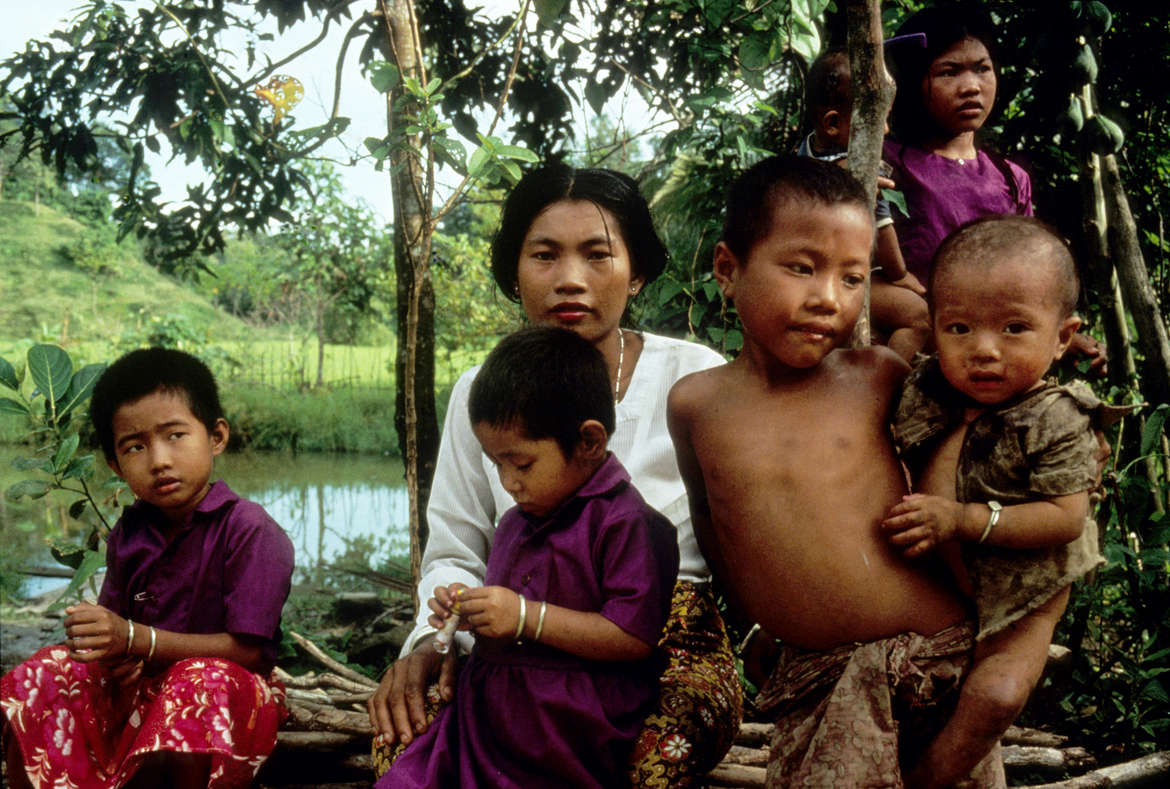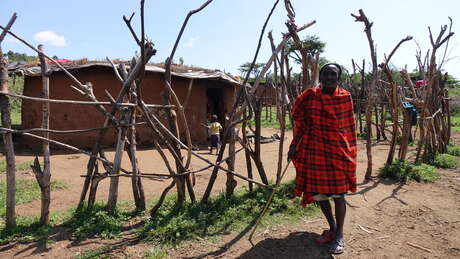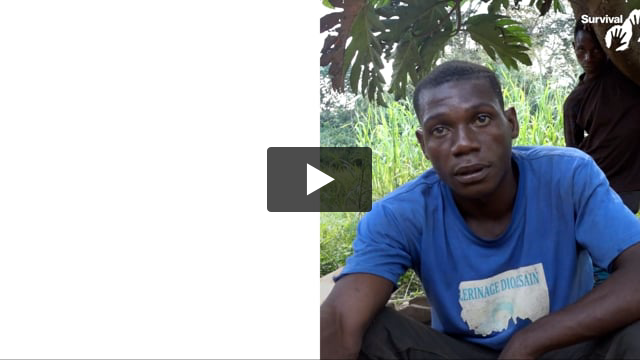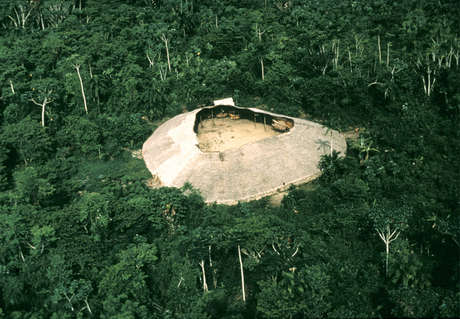World marks UN Indigenous day
August 9, 2011

This page was created in 2011 and may contain language which is now outdated.
Survival, countless Indigenous organizations and many countries around the world are marking the International Day of the World’s Indigenous People today. Now in its 17th year, the day is designed “to strengthen international cooperation for solving problems faced by Indigenous people”.
Survival’s Director Stephen Corry describes it as “an important chance for the world to recognize tribal people and their right to survival and self-determination. Survival has released nine unusual facts to coincide with August 9th, in order to spread an understanding of, and respect for, tribal peoples.
People around the world are encouraged to observe August 9th by attending celebrations or educational talks about Indigenous people. Many communities, such as the Jumma of Bangladesh, are also using the day to draw attention to their cause, by protesting in Brussels and Paris
In Kathmandu, several Nepalese Indigenous groups took part in cultural rallies, and more than 300 Indigenous peoples gathered in the Malaysian city of Sabah. Their message focused on the rights of women, who despite their contributions to society remain largely overlooked.
At the UN headquarters in New York, the focus of this year’s International Day was to preserve and revitalize Indigenous communities, while simultaneously protecting their art and intellectual property.
As well as highlighting the responsibility of consumers to understand the personal stories behind textile production in Indigenous communities, the UN also endeavored to expose the dangers of development projects.
UN High Commissioner for Human Rights Navi Pillay criticized ‘unfair and unjust exploitation for the sake of ‘development’. Pillay emphasized how many projects under the banner of development, “result in human rights violations involving forced evictions, displacement and even loss of life”.
She called for states to re-assess their sometimes “contradictory or antiquated laws on mining and land acquisition”. Survival agrees and believes it is vital governments support and ratify ILO Convention 169, which is the only international law designed to protect tribal peoples’ rights.


